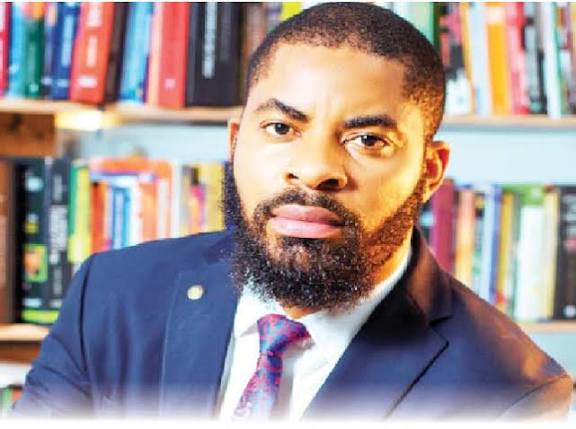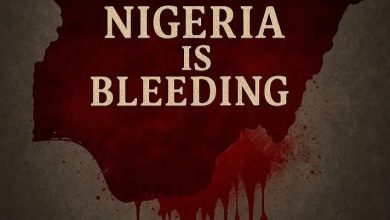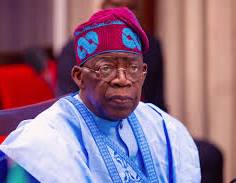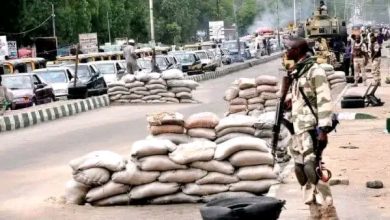Public Outrage Grows as Nigerians Decry Government Inaction Amid Escalating Insecurity

By Paul Ebi
Nigeria’s worsening insecurity has ignited a fresh wave of public anger as citizens, activists, and opinion leaders accuse the Federal Government of selective urgency and failing to protect its people.
Human rights activist Adeyanju Deji fired the first salvo, criticizing the government’s inconsistent response to crises.“When it was time to remove Fubara, a state of emergency was hurriedly declared, but Nigerians are massacred daily by terrorists—no state of emergency or any sense of urgency to tackle insecurity,” he said, sparking nationwide debate.
A Nation Caught in Its Own Trap
In a metaphor capturing Nigeria’s complex security failures, a commentator added:“When it was time to vote for insecticide, the cockroach voted for it thinking it would only kill the mosquito. But when the insecticide came, it killed the mosquito, the cockroach, and even the innocent fly.”Many have interpreted the analogy as a warning against political decisions that ultimately harm everyone—including those who supported them.
Calls for Regional Armies Gain Traction
Amid the chaos, citizens are proposing radical structural reforms. One viral contribution argued that each geopolitical zone should operate its own military:
South East Army of Nigeria
North East Army of Nigeria
South West Army of Nigeria
North Central Army of Nigeria, etc.
These regional forces would recruit locally, defend their regions, and only unite during external threats. The proposal also calls for separate service chiefs and command structures.
However, sceptics say the political elite would never support such decentralization.“Government won’t heed it,” said Akubueze Nwachimereze, who nevertheless praised the idea.Another added, “The elites benefit from insecurity. Why would they support anything that threatens their lucrative industry?”
They insist that the only path to lasting security is holding politicians accountable, warning that without such pressure, Nigeria has not yet seen the worst of its security and economic decline.
Church Leaders Step In: “From Pulpit to People”
Amid the public frustration, influential figures are urging moral institutions—not just the government—to step up.Returning from an overseas trip, Peter Obi (PO) addressed the Fourth Enugu Diocesan Synod, urging the Church to actively restore values in a nation he described as “confronted with alarming levels of valuelessness, rising rascality, and diminishing responsibility.”
Obi emphasized that Nigeria’s crisis is not due to lack of knowledge but the collapse of values. He argued that the Church must bridge spiritual guidance with practical engagement:
Youth mentorship
Skills acquisition
Community development
Ethical leadership
Restoring discipline and integrity
“By moving from the pulpit to the people, the Church can help rebuild character and shape a new generation,” he told the Synod.
Nation on Edge as Killings Continue
Amid the growing calls for reform, many Nigerians express disbelief at the government’s calm posture despite repeated attacks.“State of emergency should be declared in all these troubled areas for the military to finish the work swiftly,” one commenter lamented, expressing a sentiment now widespread across social media.
As the crisis deepens and voices of frustration grow louder, Nigerians are demanding not just promises but decisive, transparent, and accountable leadership capable of confronting the nation’s escalating security nightmare.





